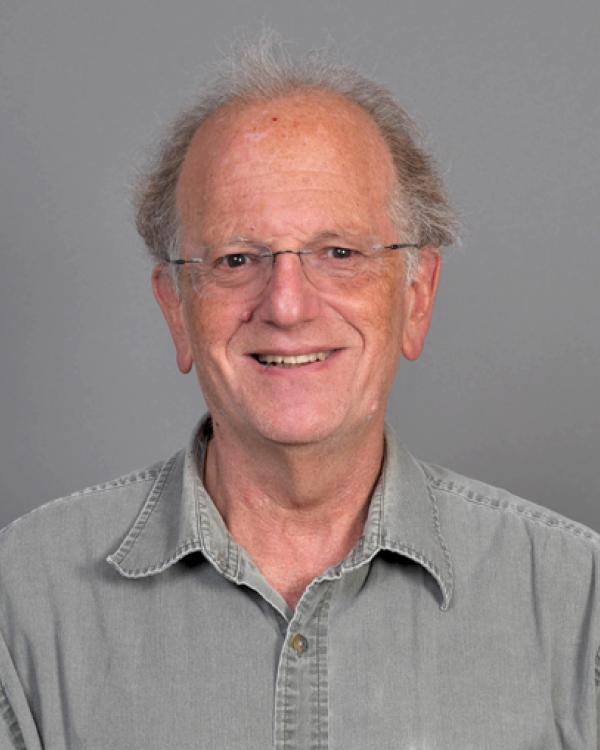
Charles Bazerman recently published two volumes A Rhetoric of Literate Action and A Theory of Literate Action
Charles Bazerman of UC Santa Barbara’s Gevirtz School recently published two volumes A Rhetoric of Literate Action and A Theory of Literate Action in hard copy at the Parlor Press and in open access version at the WAC Clearinghouse (Rhetoric on WAC, Theory on WAC). These volumes bring together his theory about writing that he has developed over his career as a leading researcher in the fields of literacy and education.
A Rhetoric of Literate Action is written for the experienced writer with a substantial repertoire of skills who now would find it useful to think in more fundamental strategic terms about what he or she wants their texts to accomplish, what form the texts might take, how to develop specific contents, and how to arrange the work of writing. A Theory of Literate Action draws on work from the social sciences – and in particular sociocultural psychology, phenomenological sociology, and the pragmatic tradition of social science – to reconceive rhetoric fundamentally around the problems of written communication rather than around rhetoric’s founding concerns of high stakes, agonistic, oral public persuasion. Both volumes are an expression of more than a quarter-century of reflection and scholarly inquiry and represent significant contributions to contemporary rhetorical theory.
“A Rhetoric of Literate Action may be one of the most radical articulations of ‘the basics’ of writing ever offered,” Writes Deborah Brandt, professor emerita of English at the University of Wisconsin-Madison. “In the face of a doggedly conservative instructional context that still treats writing skill as a matter of following the rules, the author excavates the much deeper psychological and sociological processes from which writing emerges and with which it must synchronize. Attending to such elements as time, stance, and action, along with genre, intertext, process, and other elements, the work offers a generative vocabulary handy as both an inventional and diagnostic tool for ‘the sophisticated writer,’ as Bazerman calls the ideal audience for this work. It is a refreshingly honest treatment of the difficult work of writing. It is filled with useful examples.”
Charles Bazerman a Professor in UC Santa Barbara’s Department of Education. His commitment to literacy and the teaching of writing started over forty years ago when he was teaching first and third grade in inner-city Brooklyn. Then he saw concretely how learning to read and write changed the dispositions and bearing of individual children, made possible a successful relationship to schooling, and improved life chances. He also saw the effects of children on entering the world of literacy. A few years later, when he began teaching at City University of New York during the early years of open admissions, he found professional satisfaction in helping students enter into the literate discussion of the university. His research and pedagogic interests started from the teaching of writing to encompass the ways we make use of reading in our writing and then the ways in which academic writing is organized around the literatures of the several disciplines.
His book Shaping Written Knowledge: The Genre and Activity of the Experimental Article in Science examines the history and current forms of scientific research writing. In The Languages of Edison’s Light he examines how technical discourses and projects intersect with many other discourses of civic, economic, and cultural life. He has also written many textbooks for teaching university reading and writing and the relation between them. He has edited the Handbook of Research on Writing and numerous other research collections and series. He has been Chair of the Conference on College Composition and Communication and is founder and chair of the International Society for the Advancement of Writing Research.